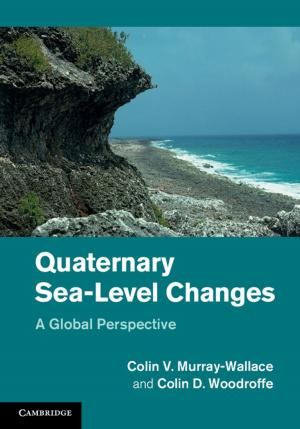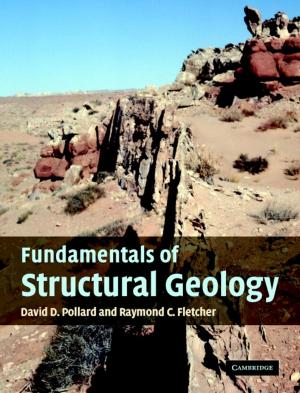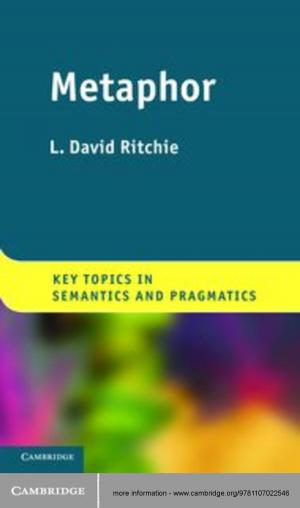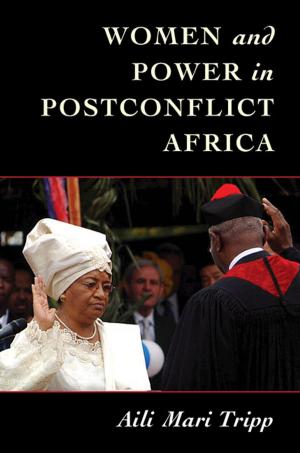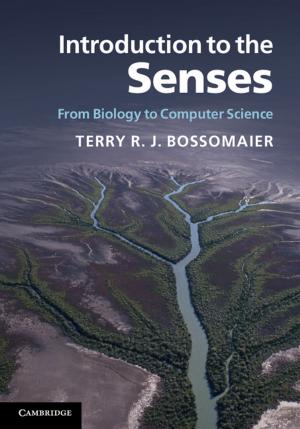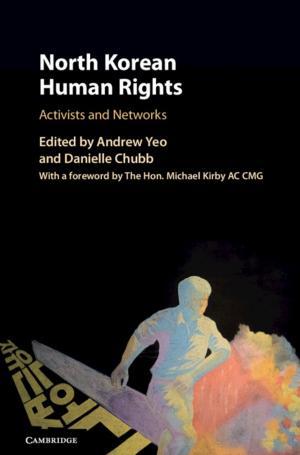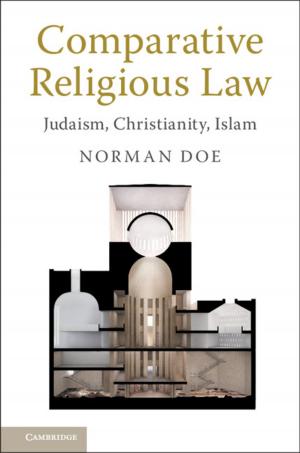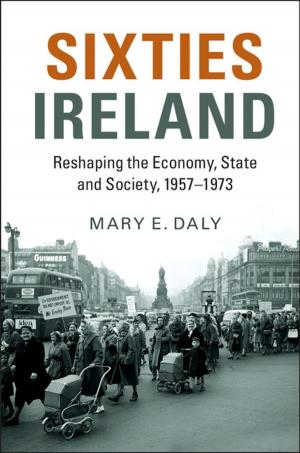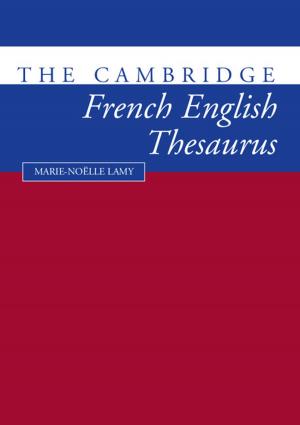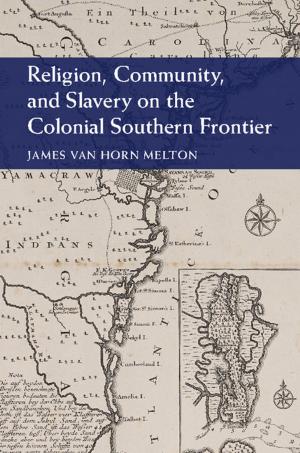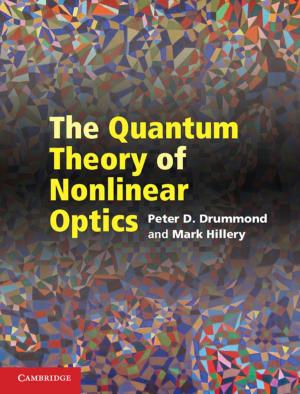Social Theory in Archaeology and Ancient History
The Present and Future of Counternarratives
Nonfiction, Social & Cultural Studies, Social Science, Archaeology, History| Author: | ISBN: | 9781316451236 | |
| Publisher: | Cambridge University Press | Publication: | November 24, 2015 |
| Imprint: | Cambridge University Press | Language: | English |
| Author: | |
| ISBN: | 9781316451236 |
| Publisher: | Cambridge University Press |
| Publication: | November 24, 2015 |
| Imprint: | Cambridge University Press |
| Language: | English |
At a time when archaeology has turned away from questions of the long-term and large scale, this collection of essays reflects on some of the big questions in archaeology and ancient history - how and why societies have grown in scale and complexity, how they have maintained and discarded aspects of their own cultural heritage, and how they have collapsed. In addressing these long-standing questions of broad interest and importance, the authors develop counter-narratives - new ways of understanding what used to be termed 'cultural evolution'. Encompassing the Middle East and Egypt, India, Southeast Asia, Australia, the American Southwest and Mesoamerica, the fourteen essays offer perspectives on long-term cultural trajectories; on cities, states and empires; on collapse; and on the relationship between archaeology and history. The book concludes with a commentary by one of the major voices in archaeological theory, Norman Yoffee.
At a time when archaeology has turned away from questions of the long-term and large scale, this collection of essays reflects on some of the big questions in archaeology and ancient history - how and why societies have grown in scale and complexity, how they have maintained and discarded aspects of their own cultural heritage, and how they have collapsed. In addressing these long-standing questions of broad interest and importance, the authors develop counter-narratives - new ways of understanding what used to be termed 'cultural evolution'. Encompassing the Middle East and Egypt, India, Southeast Asia, Australia, the American Southwest and Mesoamerica, the fourteen essays offer perspectives on long-term cultural trajectories; on cities, states and empires; on collapse; and on the relationship between archaeology and history. The book concludes with a commentary by one of the major voices in archaeological theory, Norman Yoffee.

